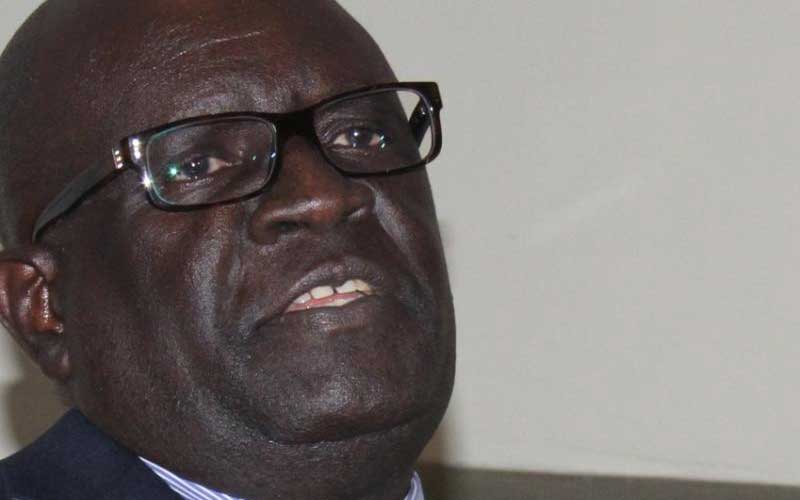
The moment he got out of the elevator and entered his office at Jogoo House, one thing was clear in his mind. He had done a diagnosis on the state of university education and arrived at a prescription: university education in Kenya was in dire straits and needed a radical surgery to save it from the doldrums to which it had descended in the past decade.
Prof George Magoha, a surgeon, proposed to carry the patient (university education in the country) to the operating table. Few needed to doubt him. About the need for reforms, he was right. Questions, however, exist with regard to the kind of intervention he has been suggesting. They are not just questions about the correctness, or otherwise, of his prescription, they are questions about whether he firmly believes he will have it easy merging or even shutting down public universities.